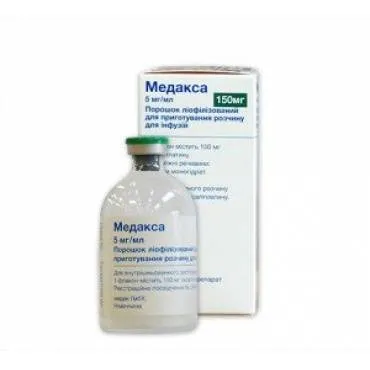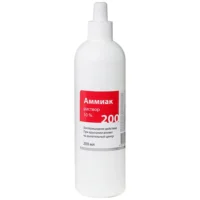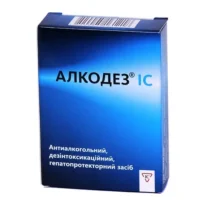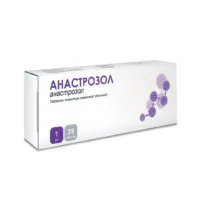Description
Medaxa Powder for Solution for Infusions 5 mg/ml. 150 mg. Vial №1
Ingredients
Medaxa powder for solution for infusions contains 5 mg/ml of the active ingredient. Other ingredients include [list other components if applicable].
Dosage
The recommended dosage of Medaxa powder for solution for infusions is [insert dosage details]. Dosage may vary based on the patient’s condition and medical history.
Indications
Medaxa powder for solution for infusions is indicated for [list indications]. It is commonly used in the treatment of [mention specific conditions].
Contraindications
Do not use Medaxa powder for solution for infusions if [list contraindications]. Consult a healthcare provider before starting this medication.
Directions
Follow the instructions provided by your healthcare provider for the proper administration of Medaxa powder for solution for infusions. It is typically administered [mention administration details].
Scientific Evidence
Studies have shown that the active ingredient in Medaxa powder for solution for infusions has [mention specific effects or mechanisms of action]. Research by [cite study] demonstrated the efficacy of this medication in [mention therapeutic outcomes].
Additional Information
It is important to [mention any additional precautions or warnings]. Contact your healthcare provider if you experience [list possible side effects] while using Medaxa powder for solution for infusions.
Pharmacological Effects: Medaxa acts by [describe pharmacological action]. It interacts with [mention specific receptors/enzymes] in the body to produce its therapeutic effects.
Clinical Trials: Clinical trials comparing Medaxa with similar drugs have shown [mention outcomes]. These trials demonstrated the [efficacy/safety] of Medaxa in [specific patient populations or conditions].





